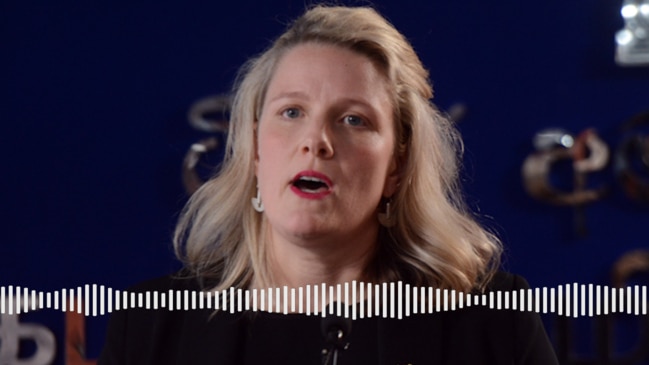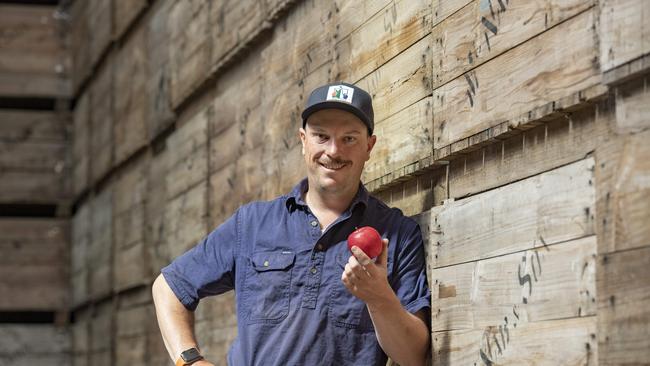Backpackers returning at last, but not to Aussie farms
Home Affairs data shows working holiday visas are being issued at a rate not seen since before the pandemic.

Backpackers on working holiday maker visas are streaming into Australia, but they’re not heading to the bush to work on farms.
Once relied on as a steady stream of farm labour until Covid led to their mass exodus back home, backpackers appear to be returning to Australia at levels not seen since before the pandemic.
There were almost 55,000 working holiday maker visas issued in the three months to September 30, according to the Department of Home Affairs.
If that monthly average of about 18,300 continues, it would bring backpacker numbers back to around 220,000 a year, which is more than before Australia closed its international border in early 2020.
Backpackers have traditionally been relied upon by farmers to fill seasonal roles picking and packing fruit, many of whom work on farms for at least 88 days to get a years’ extension to their visa.
But while their numbers are edging to pre-pandemic levels, they’re not filling the thousands of vacant roles on horticultural farms across regional and rural Australia.
Fruit Growers Victoria chair Mitchell McNab said backpackers were yet to make their way into the industry given many had been in the country for less than a year.
“The reality is they are not needing to complete their 88 day visa requirements just yet as they have only just arrived, most travel before completing the farm work,” he said.
The lag effect between backpacker arrivals and their arrival on the farm will not help the thousands of farmers whose fruit crops are ripening and ready for picking in coming months.

National Farmers’ Federation horticulture council executive officer Richard Shannon said the rising WHM numbers were encouraging, but changes the former Morrison government made broadening the industries that can be worked in to qualify for subsequent year visas will keep many away from agriculture.
“The expansion of industries backpackers can work in to get a visa extension to include hospitality and tourism, that’s obviously going to dilute the number of backpackers involved,” Mr Shannon said.
“Backpackers will prefer to pour beers in Port Douglas than picking mangoes in Mareeba, and it’s hard to argue with that. A lot of these backpackers are here primarily for cultural exchange, it’s a holiday program, they’ll sightsee before looking for work so there’s a lag effect here.
“We don’t know the exact effect of those decisions yet, (but) we’re looking at an ongoing structural deficit in our labour supply.”
Since taking office in May, Prime Minister Anthony Albanese’s government has scrapped plans for an agriculture visa and instead committed to expanding the Pacific Australia Labour Mobility visa scheme.
Mr Shannon said the industry was waiting to see how far that would go to fill the tens of thousands of gaps in agriculture’s labour force.
“We don’t have absolute confidence that expansion of the PALM scheme will fill that gap,” he said.




